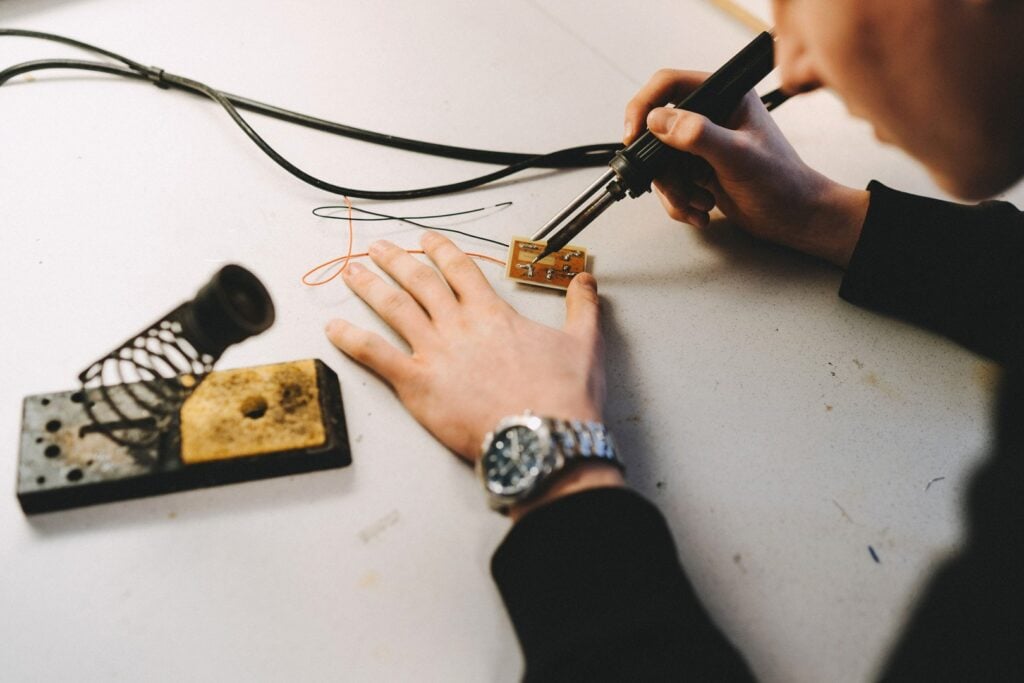As well as being assessed continually throughout your Apprenticeship course, all Apprentices are required to complete an End-point Assessment to complete your qualification.
The EPA is conducted independently of your employer and Peterborough Regional College and is designed to test whether you have gained the skills, knowledge and behaviours outlined in the Engineering Fitter Apprenticeship Standard. Performance in the EPA will determine an Apprenticeship grade of fail, pass, merit or distinction.
Throughout your Apprenticeship you will complete several assessments, only when these have been completed can your assessor and employer agree to put your forward for the ‘Gateway’. This gateway allows you to focus on and prepare for your EPA to complete your Apprenticeship. During this time your employer will be expected to support you to prepare for your EPA through regular training.
The EPA will take part in the final 16 weeks of the Apprenticeship and will include three distinct components:
1) Project: report including evidence and questioning
2) Multiple choice test
3) A professional discussion – supported by a portfolio of evidence
Throughout the Apprenticeship it is your responsibility with the help from your employer, assessor and college tutors to ensure you are ready for your final independent EPA.
More information about your EPA will be given to you by your Assessor at the Apprenticeship Sign Up.
